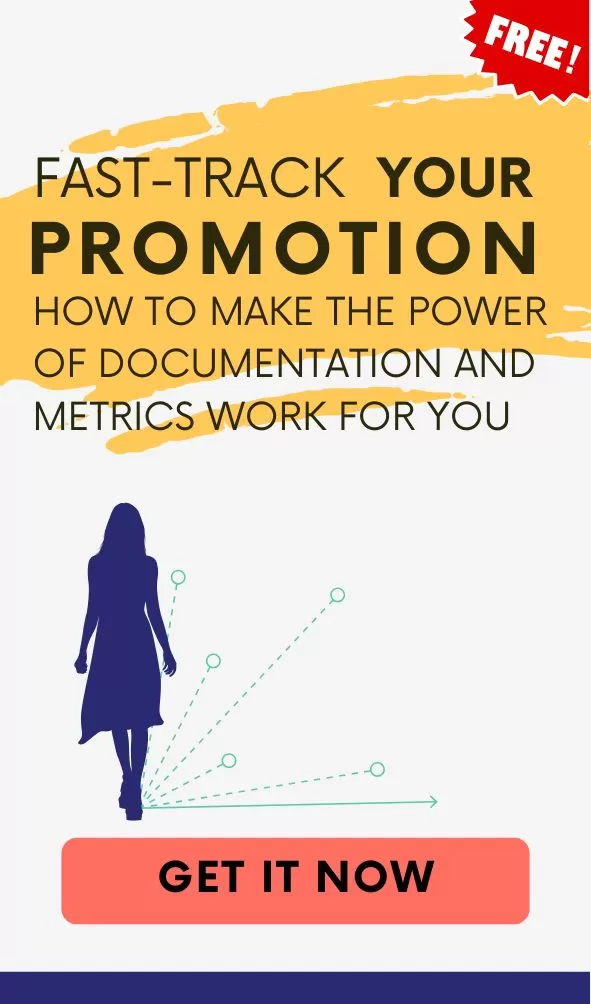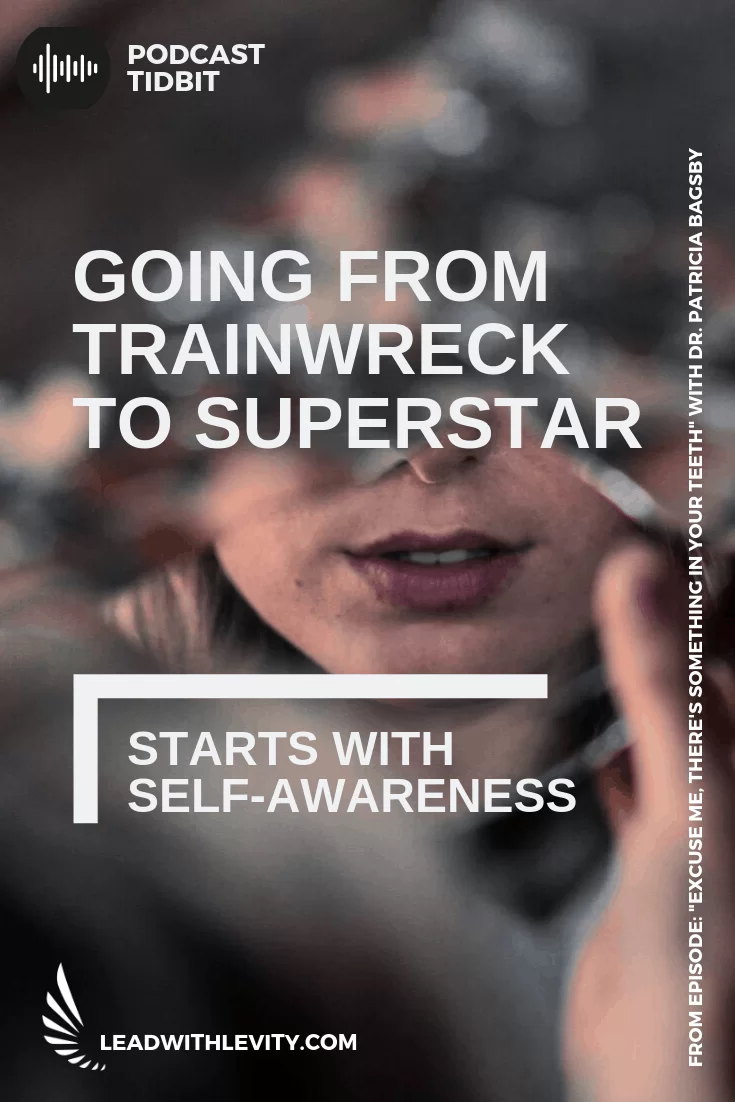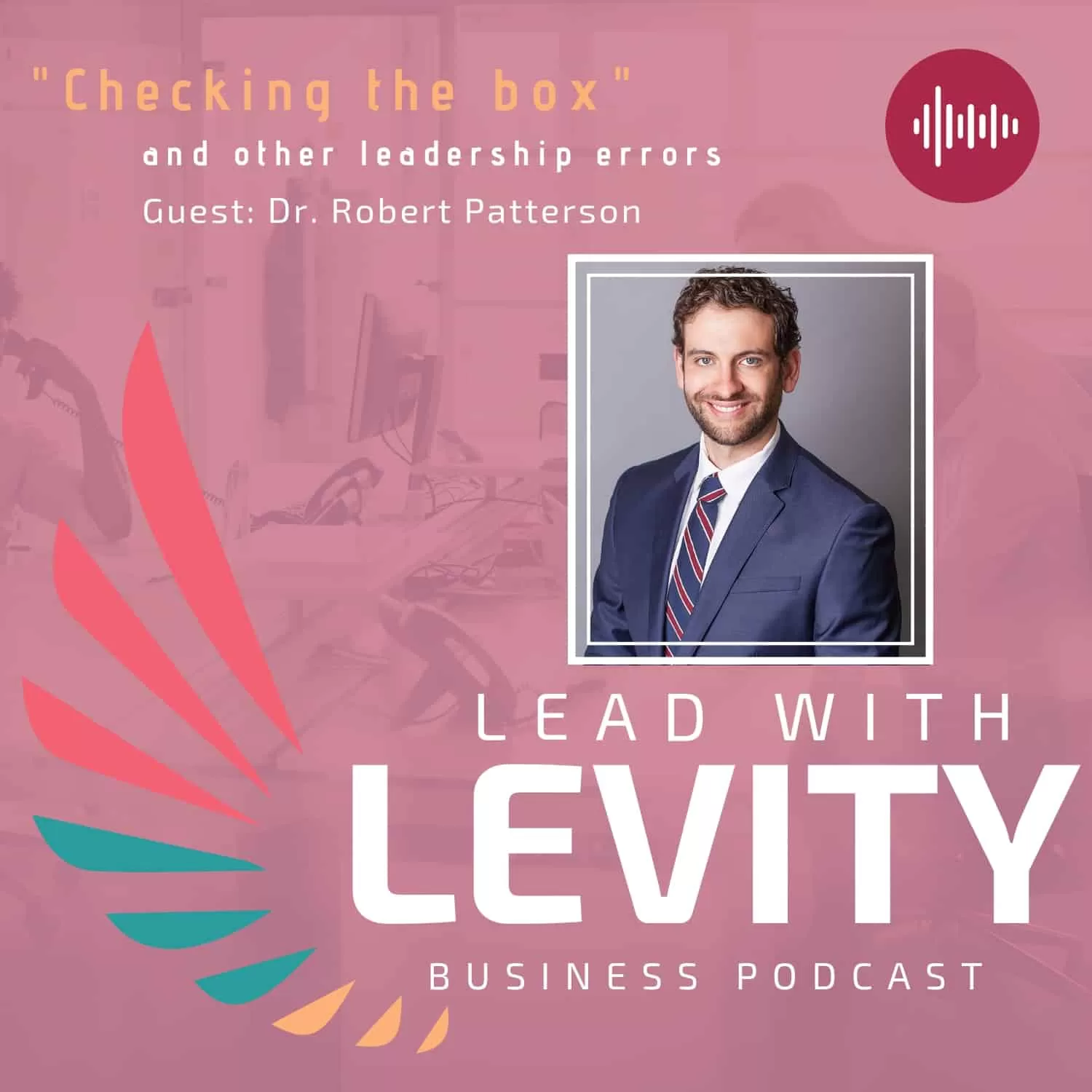Imposter syndrome, workaholism, and stress are common challenges that people face in the workplace. These issues can negatively impact a person’s mental health and work performance. Fortunately, there are antidotes that can help alleviate these problems. In today’s episode, we’ll explore ways to overcome these challenges. Let’s welcome Estelle Read, The Managing Director of Beee, a coach, speaker, and the Amazon best selling author of Inner Brilliance, Outer Shine: 10 Antidotes to Imposter Syndrome, Workaholism and Stress.
Key Takeaways:
- What Is Imposter Syndrome?
- Who is most likely to get imposter syndrome?
- The five types of imposter syndrome:
- The Perfectionist – feeling inadequate, pushing themselves as hard as possible
- The Natural Genius – which is perfectionism plus feeling unworthy if they can’t achieve lofty goals the first time around
- The Soloist – they find it hard to ask for help
- The Expert – never feeling good enough despite being really knowledgeable
- The Superhuman – which is around work addiction, pushing themselves as hard as possible, regardless of the physical consequences
- What are antidotes to imposter syndrome, workaholism, and stress?
- A fix called “havening”: What it is and how it works
- And learn so much more by listening to the full episode


Why Work Isn’t Everything
For many high-achievers, self-worth is tangled up in their work. This “superhuman” drive might earn praise, promotions, and success, but it often comes at a steep cost: stress, burnout, and even physical illness. Estelle shares her personal journey of hitting rock bottom, from running on adrenaline to experiencing chronic fatigue. She reminds us that what got us to where we are today may not be what helps us thrive in the future.
Understanding Imposter Syndrome
Estelle breaks down the five types of imposter syndrome and how they often drive workaholism:
- The Perfectionist: Always striving for impossibly high standards.
- The Superhuman: Pushing through work addiction, ignoring physical and emotional limits.
- The Natural Genius: Feeling unworthy if goals aren’t achieved on the first try.
- The Soloist: Struggling to delegate and preferring to “just do it myself.”
- The Expert: Never feeling knowledgeable enough, despite significant accomplishments.
Each type stems from a fear of not being “enough,” often rooted in early experiences.
Havening: A Simple Tool for Deep Change
One of the most intriguing parts of the conversation is Estelle’s introduction to Havening, a psychosensory technique designed to help individuals process and release trauma, big or small. Using gentle touch (such as rubbing your hands, face, or arms), Havening helps reduce the emotional intensity of negative memories.
Estelle explains how this technique can be used to address the root causes of imposter syndrome and workaholism by collapsing the neural pathways associated with past triggers.
Try It Yourself
Want to experiment with Havening? Here’s a simple process:
- Identify a memory linked to your current stress or trigger.
- Rate the intensity of your feelings (0 = no feeling, 10 = very intense).
- Set a timer for 7 minutes and use one of these motions:
- Rub your hands together.
- Gently rub from your shoulders to your elbows.
- Lightly rub your face as if washing it.
- Distract yourself (e.g., watch TV or look out the window) while continuing the motion.
- Rescore the intensity after the timer goes off. Repeat until your score reaches 0.
About Estelle Read
Estelle Read, Managing Director of Beee and a qualified Coach, Speaker, Trainer and Author of Amazon Best Seller, Inner Brilliance Outer Shine: 10 Antidotes to Imposter Syndrome, Workaholism and Stress. She’s been in the HR profession for over 30 years and worked with over 10k people.
Estelle is a Fellow of the Chartered Institute of Personnel and Development (CIPD), has a Postgraduate Certificate in Personal and Business Coaching, is a Master Neuro Linguistic Programming (NLP) Practitioner and a Certified Trainer of NLP, (trained by John Grinder, Carmen Bostic St Claire and Michael Carroll), is a Certified Hypnotherapist, a Havening Techniques Certified Practitioner and an EFT (Emotional Freedom Technique) Practitioner.
Before setting up Beee in 2005, Estelle spent 14 years in Human Resources (HR), 5 years of which she headed up an HR Team / Corporate Training and Coaching Department for a Legal 500 firm. Prior to that she worked for blue chip manufacturing companies in the chemical, pharmaceutical and automotive industries.
Find out more about Estelle here: https://2beee.com/








